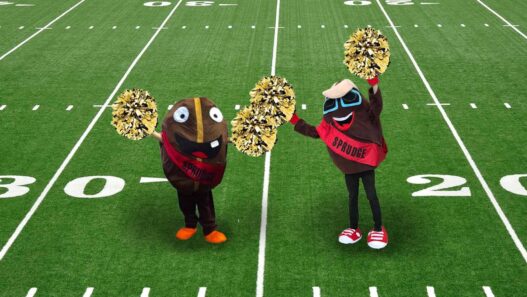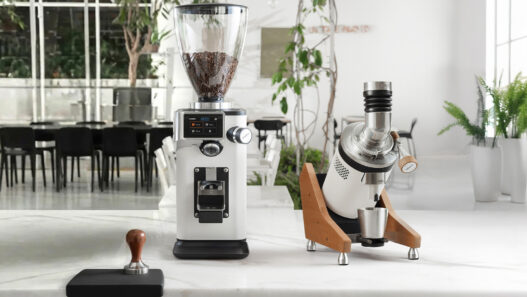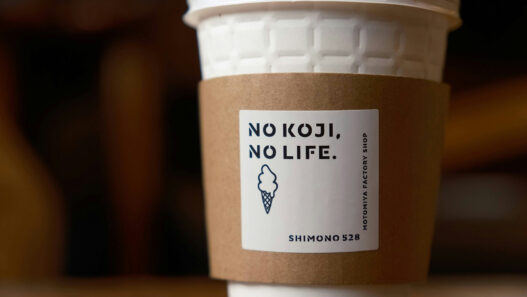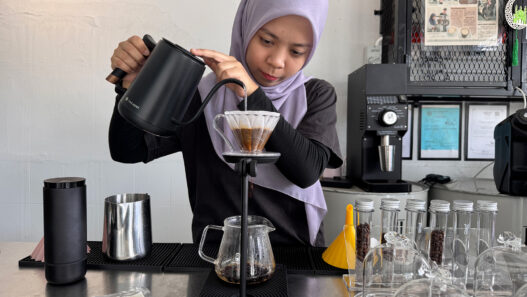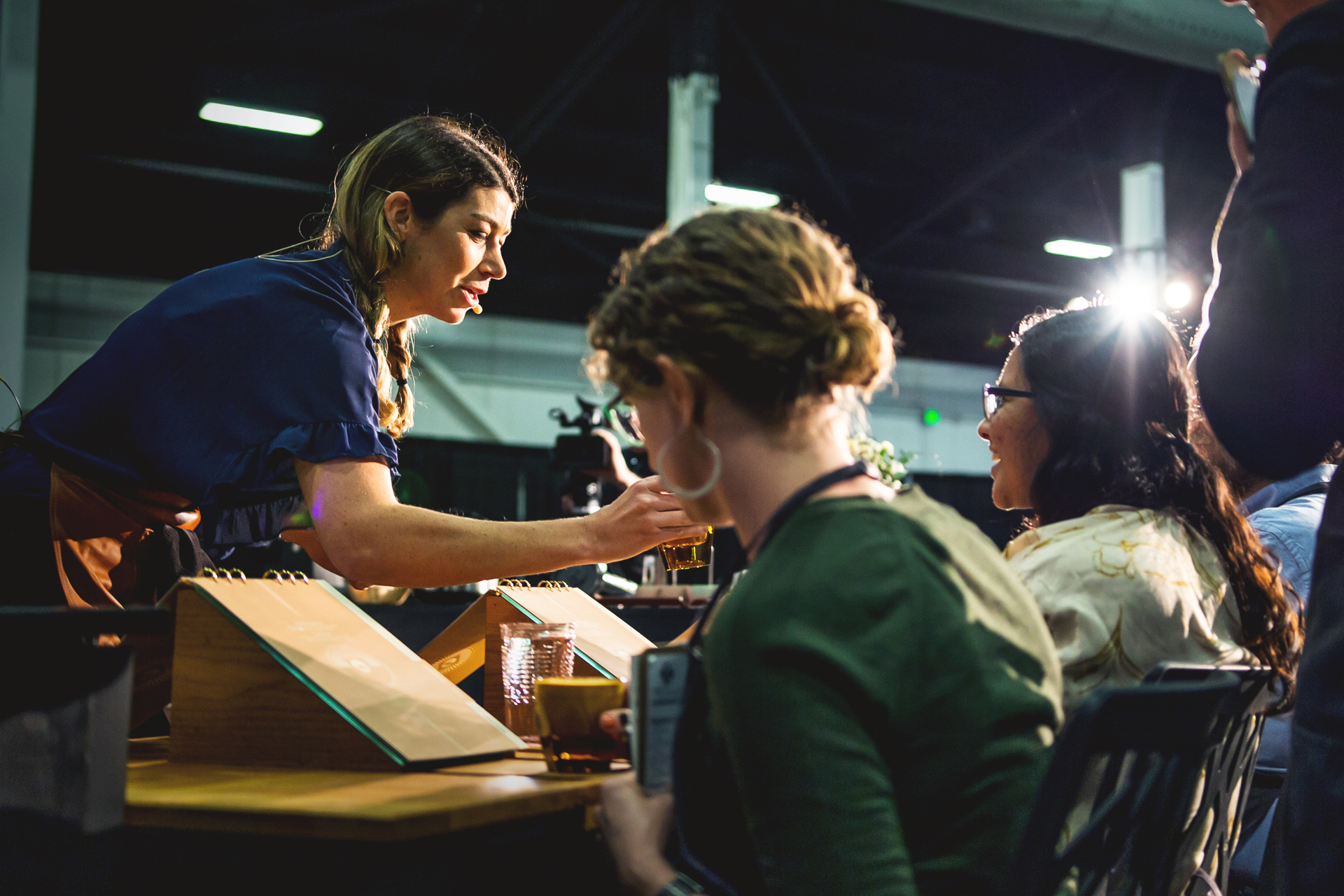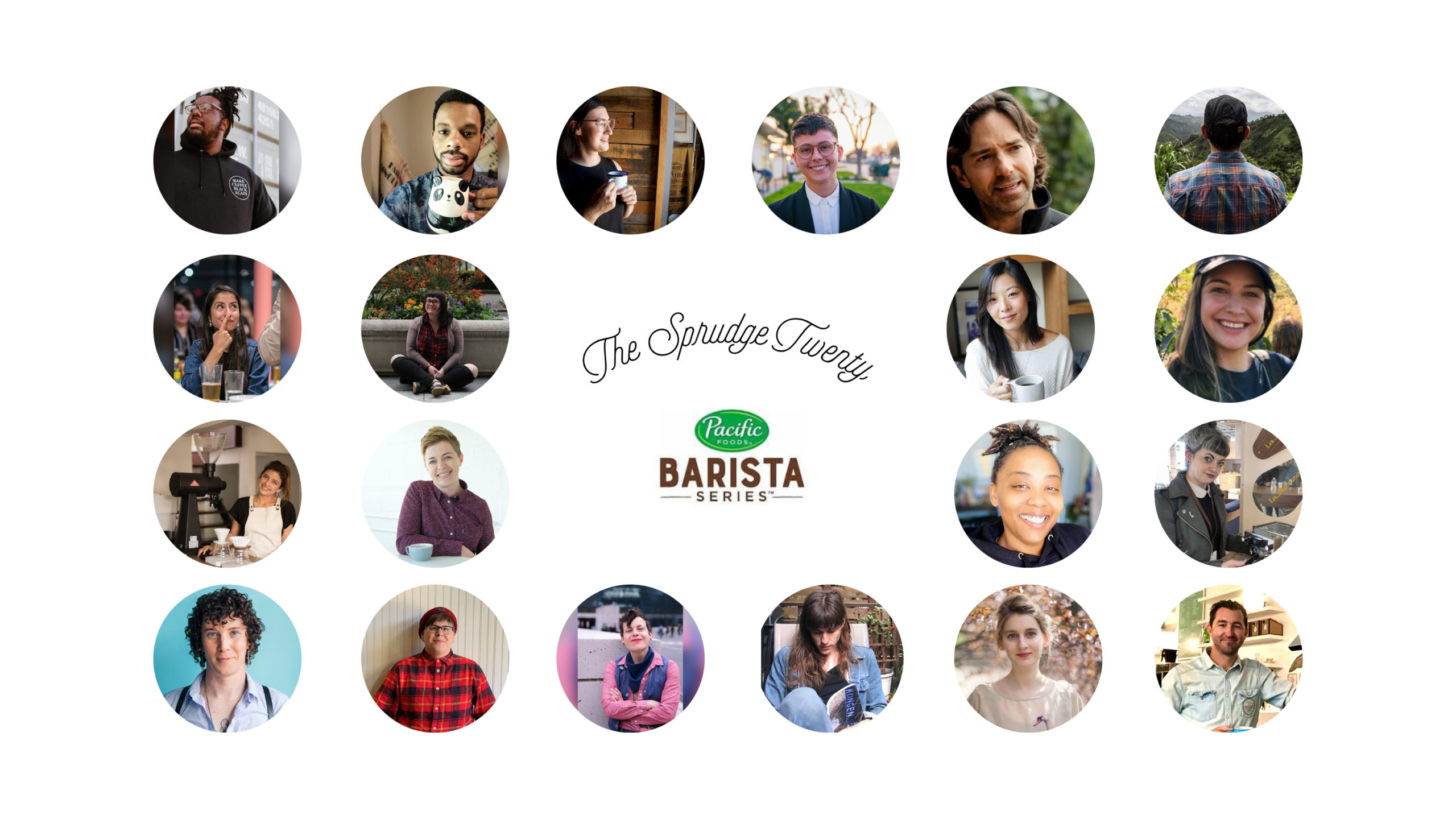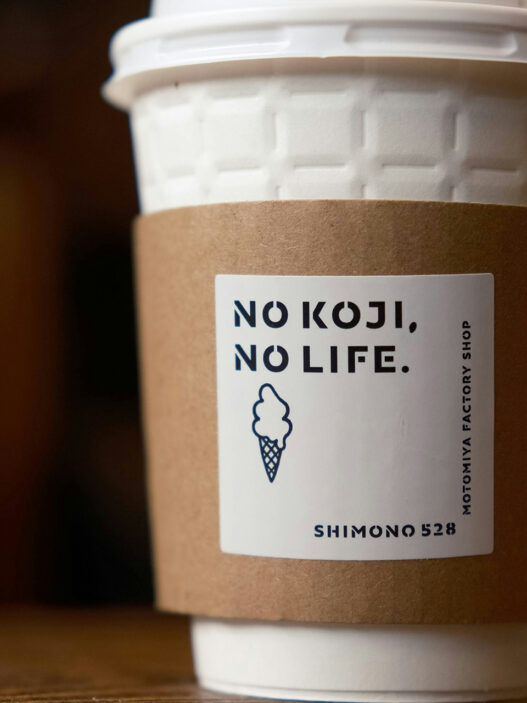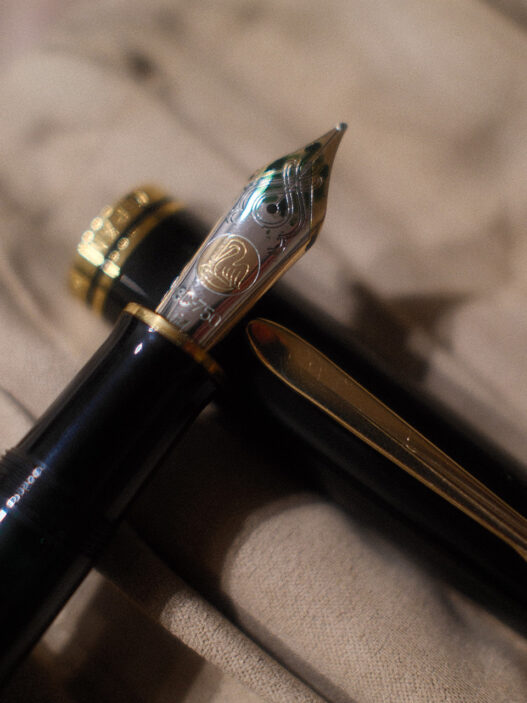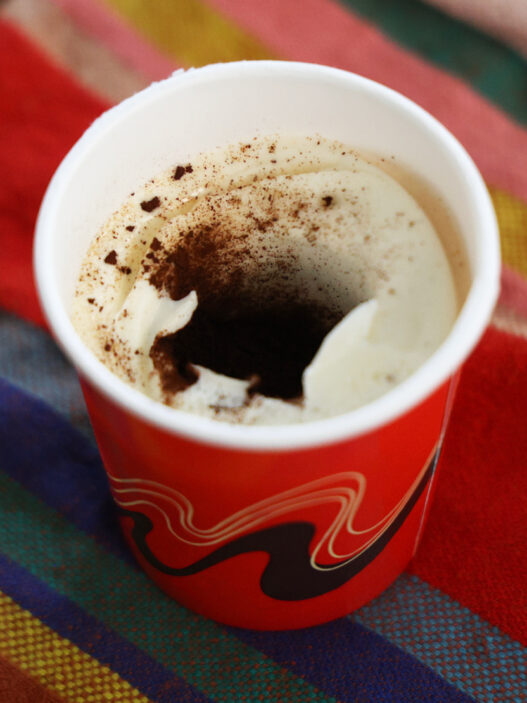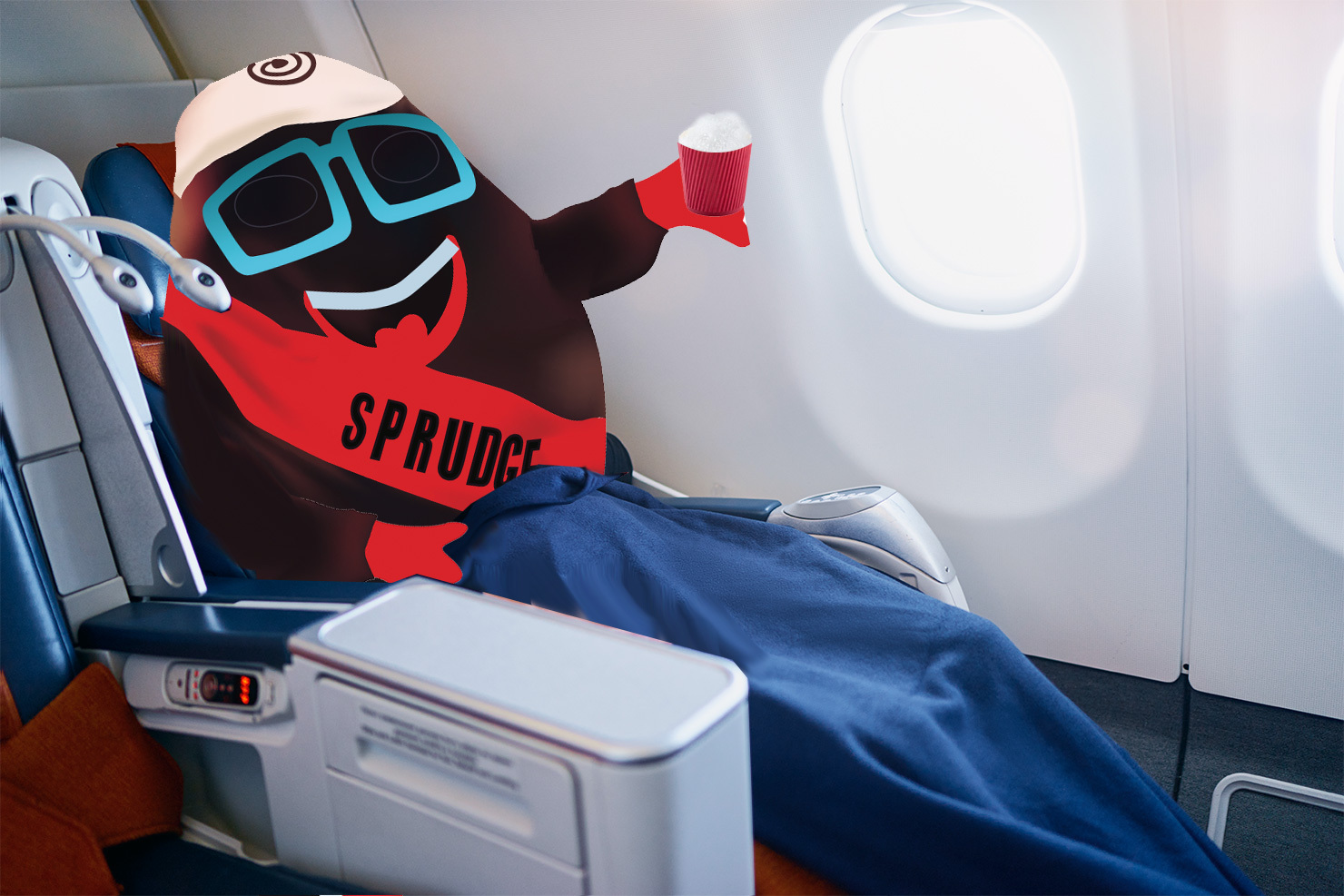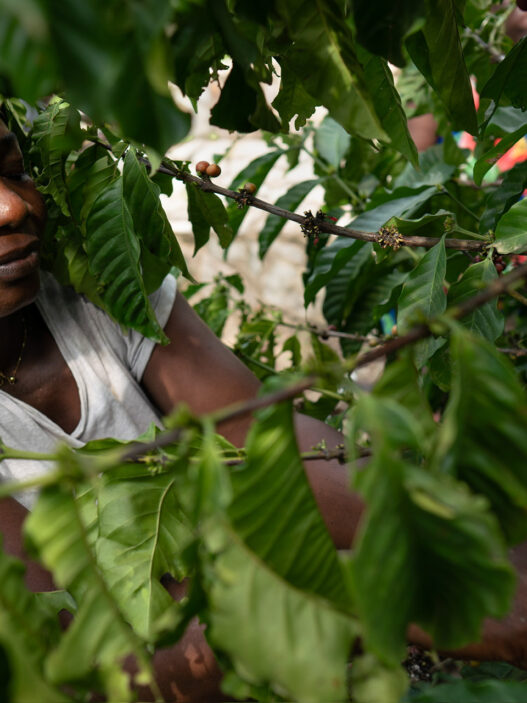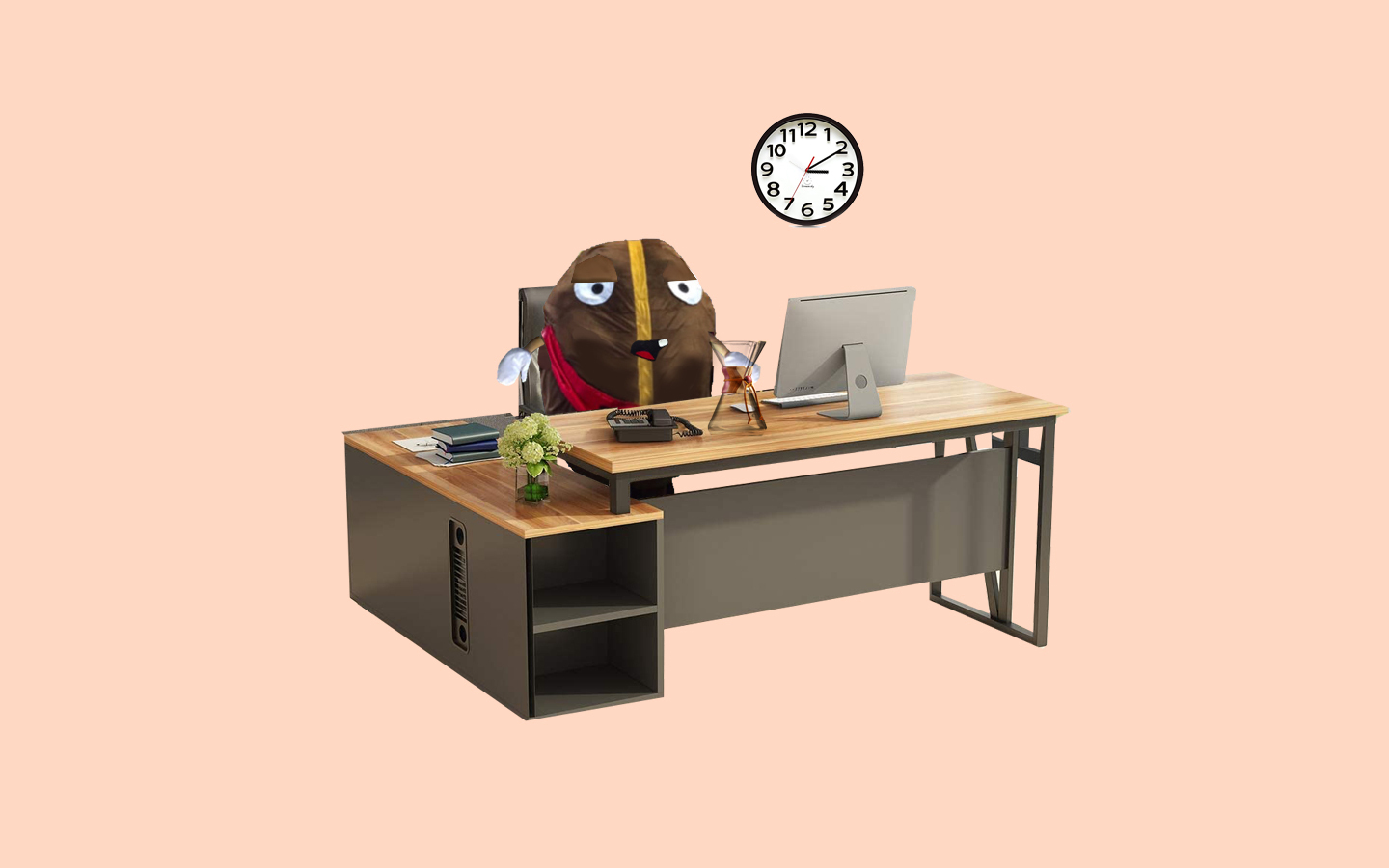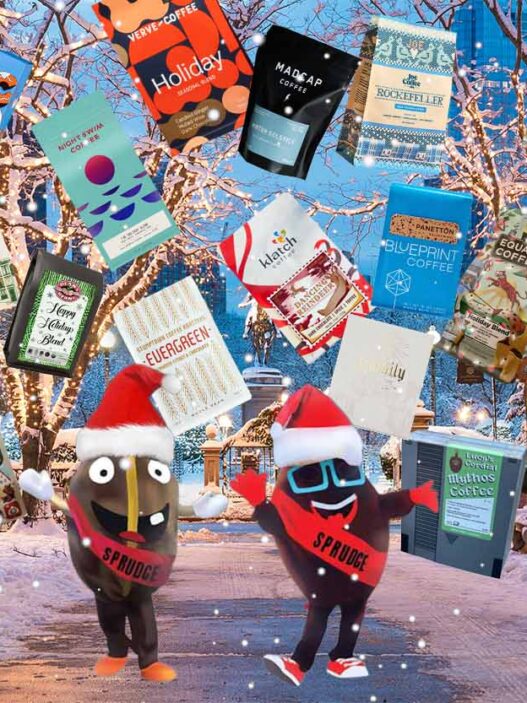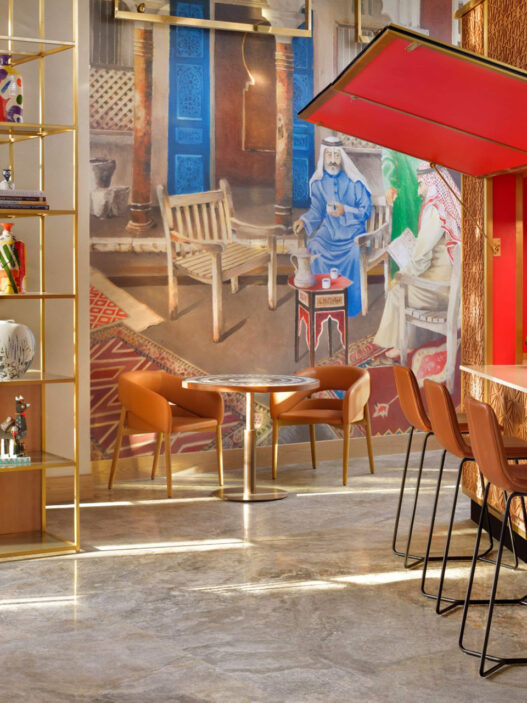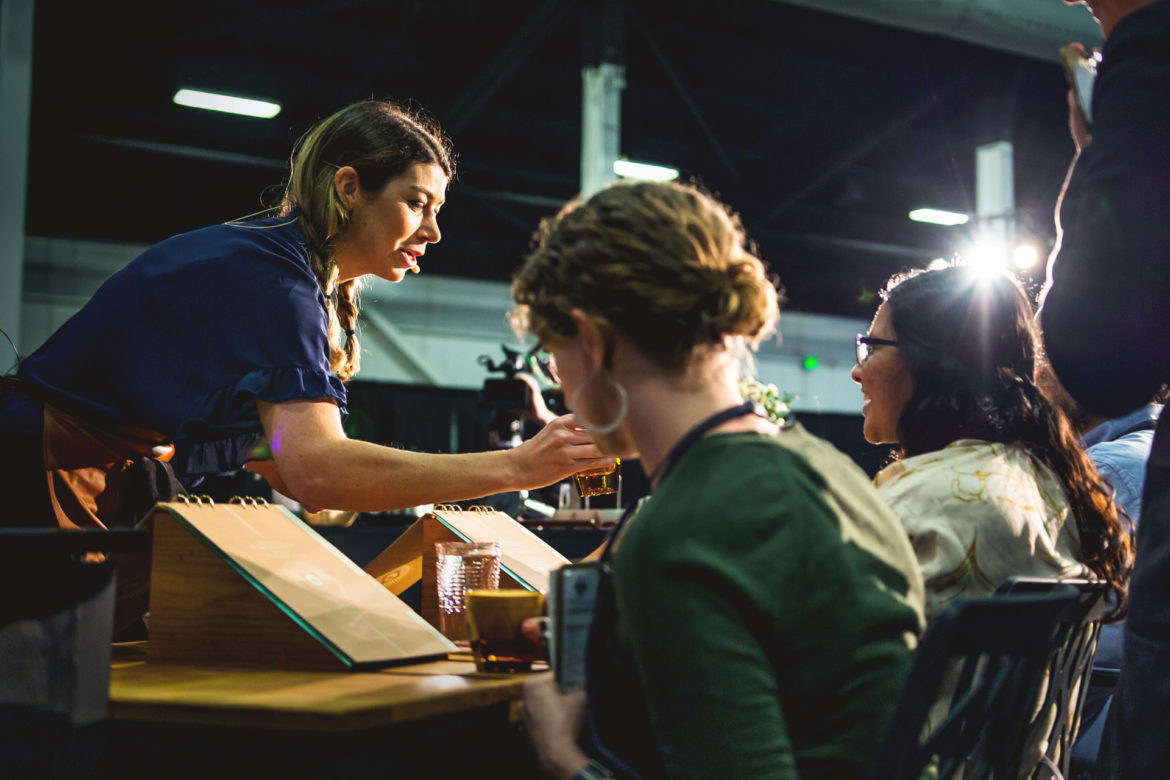
It happened. It finally happened. Earlier this year—in a year unlike any other—Andrea Allen of Onyx Coffee Lab in Rogers, Arkansas became the 2020 United States Barista Champion.
I have to admit, that is a sentence I’ve wanted to write for some time now, ever since her surprise first appearance in the USBC Finals in 2016 (back when Allen was a steal in your Barista Championship Fantasy League). She quickly became a kind of household name in the coffee competition world, and for good reason.
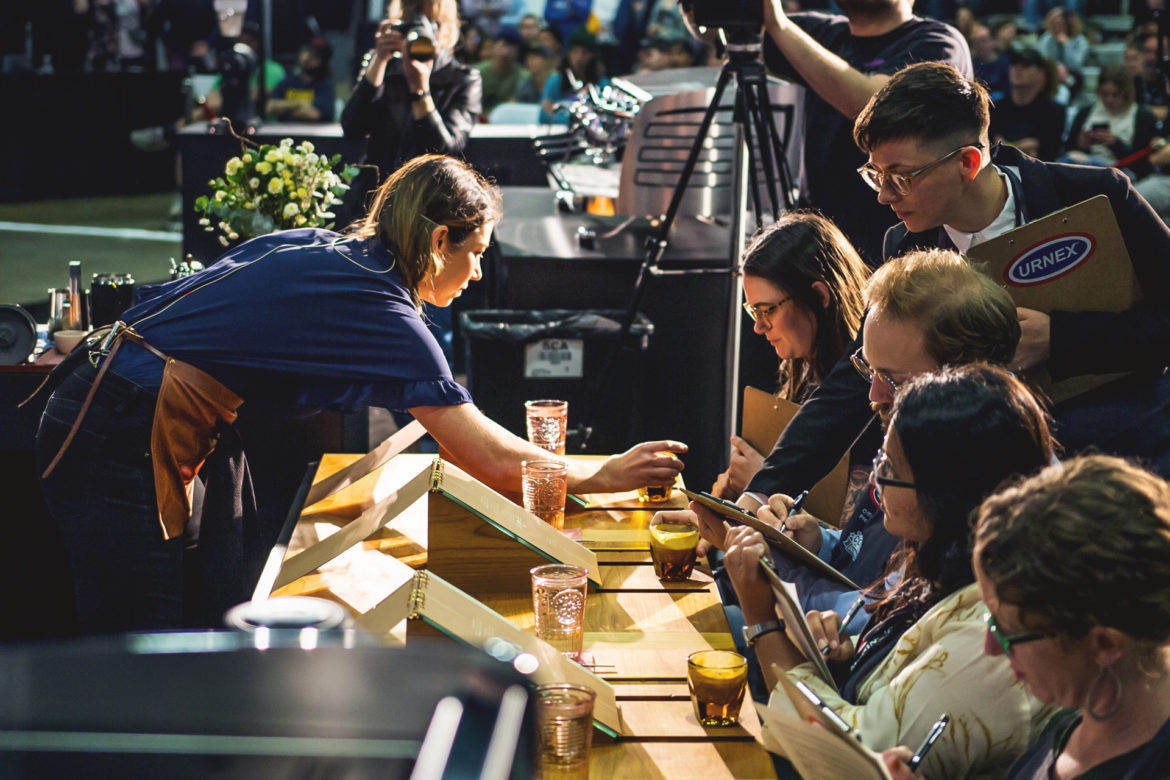
After her first appearance in the Finals, savvy comp watchers could more or less pencil her name into the Top 6 in the years to come, including multiple second place finishes. But Allen’s battle was as much against time as anything else; openly mulling retirement after a Runner Up finish in 2019, Allen had been considering retirement from the competitive world after each of the past few seasons, 2017 US Brewers Cup Champion and heir apparent to the Onyx Barista Championship spot Dylan Siemens was set to ascend. Allen faced increased pressures on the business side of Onyx, running a rapidly-expanding number of progressive cafes. It felt like maybe she was done.
She was not done. Her work has quietly helped set a series of competition trends over the years: the reemergence of natural processed coffees in competition, a focus on the coffees of La Palma y El Tucan, and the use of freeze-distilled milk, to name just a few. An Andrea Allen routine was never without a wow moment. Remember when she brought that giant green juicer that looked like a paint shaker? Remember when she washed the judges’ hands? (And remember how everyone said it was a good routine but would never play well at Worlds?)
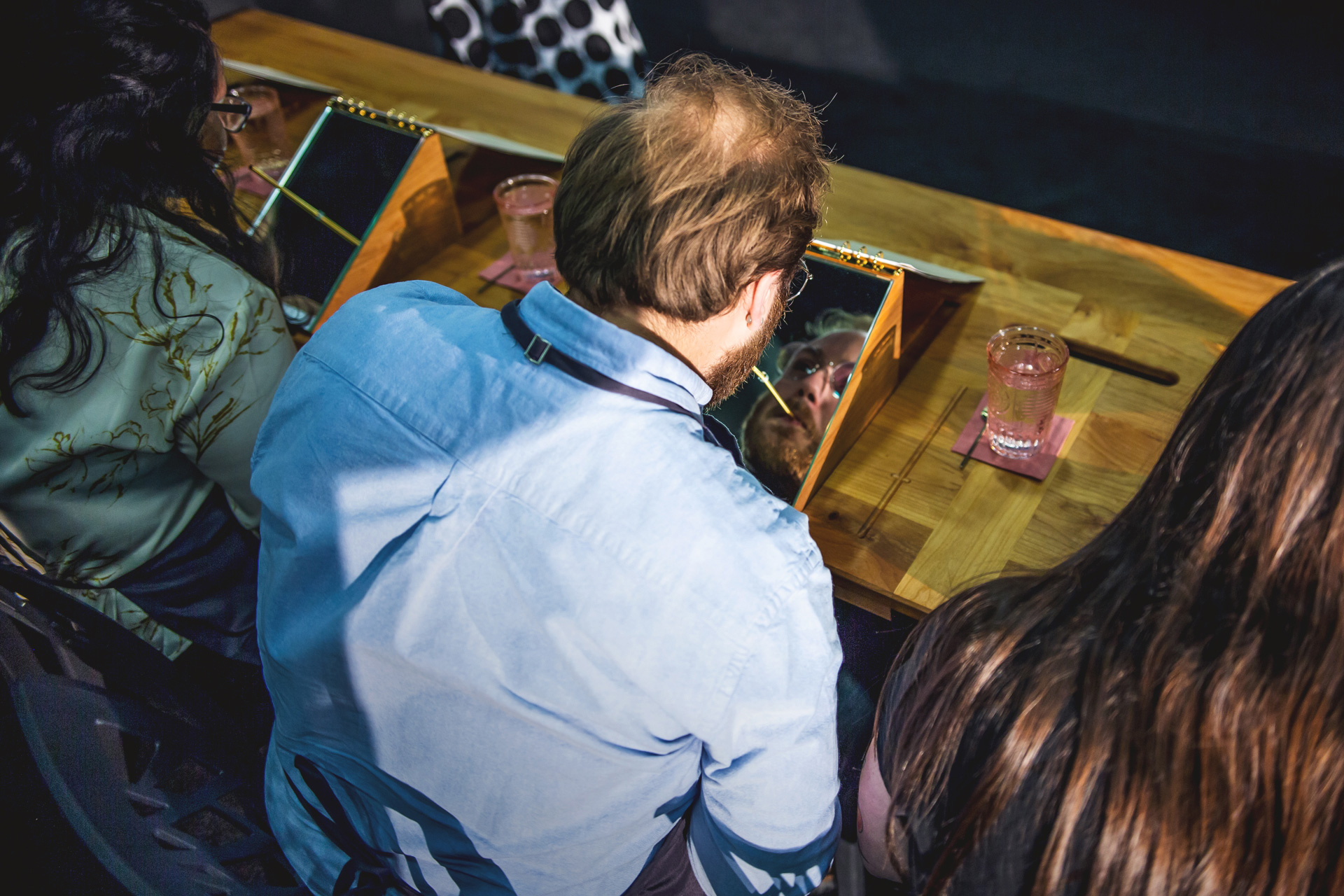
2020 was no different. Did you see her serve her signature beverages behind a mirrored structure with a hole for a straw in it so that the judges couldn’t see the drink, just themselves? Like, what? This has got to be good enough for second place… at least… right?
But 2020 is different. Andrea Allen won. She is the 2020 United States Barista Champion.
After four years of watching her routines and waiting for this moment, Sprudge sat down via digital communique to speak with Allen about her winning routine. It was well worth the wait, but also took place in the middle of a fast-changing world grappling with a pandemic. We talk about a lot of things in this interview, not all of them related to COVID-19, which is discussed up front before we dive into much more. Congratulations to Andrea Allen from everyone at Sprudge!
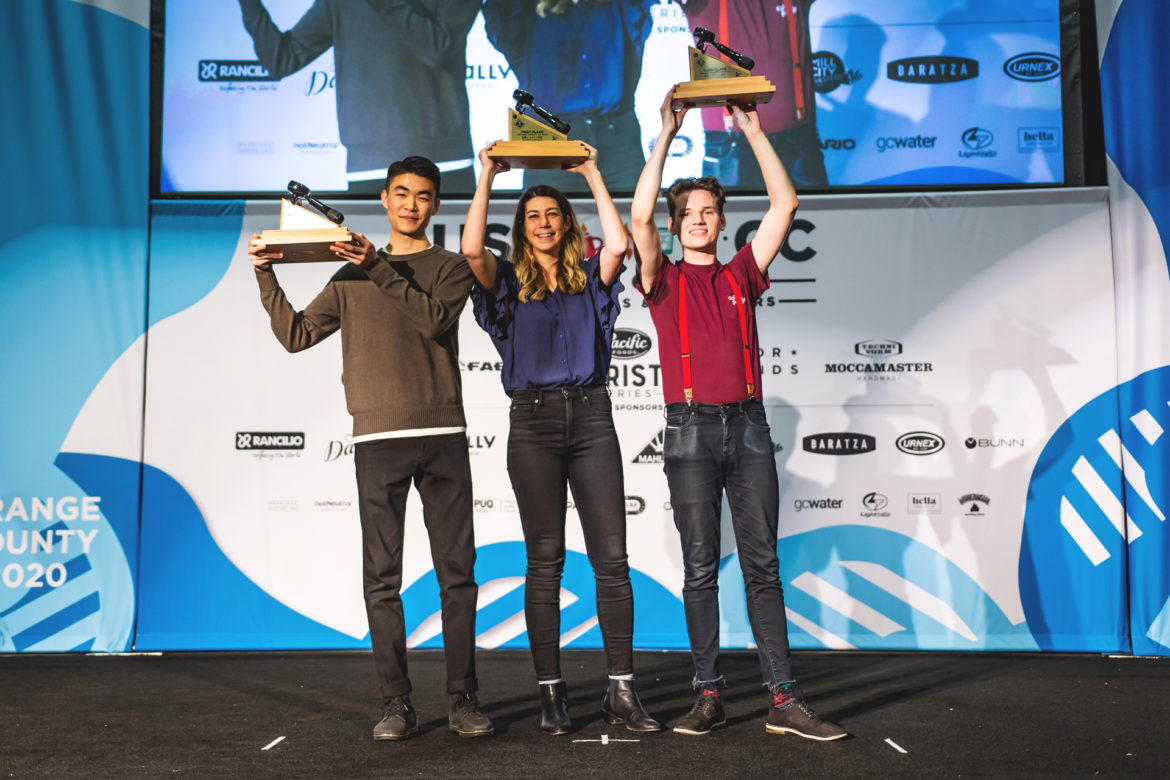
This interview has been edited and condensed for clarity.
First things first Andrea, how are you holding up with COVID-19 stuff at Onyx?
Andrea Allen: Coffee competition seems like a distant, niche, almost unreal thing. I’m currently working to install walk-up windows at our cafes, build curbside ordering apps and platforms, navigate the quickly changing terrain of service in pandemic times. All said I’m hustling hard to save our company and hold on to as many of our jobs and people as I can. My heart goes out to all in the community that have found themselves without work in a downturned economy where the service industry is currently obsolete. My only thought for everyone is one from my most recent presentation: kindness produces purpose. We can’t be in control of our situations right now, but we can be in control of how we react and how we treat others. Reach out to those around you, build new community, share what you have. We will make it through to the other side.
Well—congratulations all the same on your big win earlier this year. It’s important that we move on and talk about that work, to honor your achievement as the 2020 US Barista Champion. Can you give a quick introduction to the readers who somehow don’t know who you are?
Oh yeah… Andrea Allen, co-owner of Onyx Coffee Lab, proud parent to two daughters. I’ve been working in the industry since 2002. I’ve competed the last six years. I don’t know what else to say about myself. You can write a bio for me if you want :)
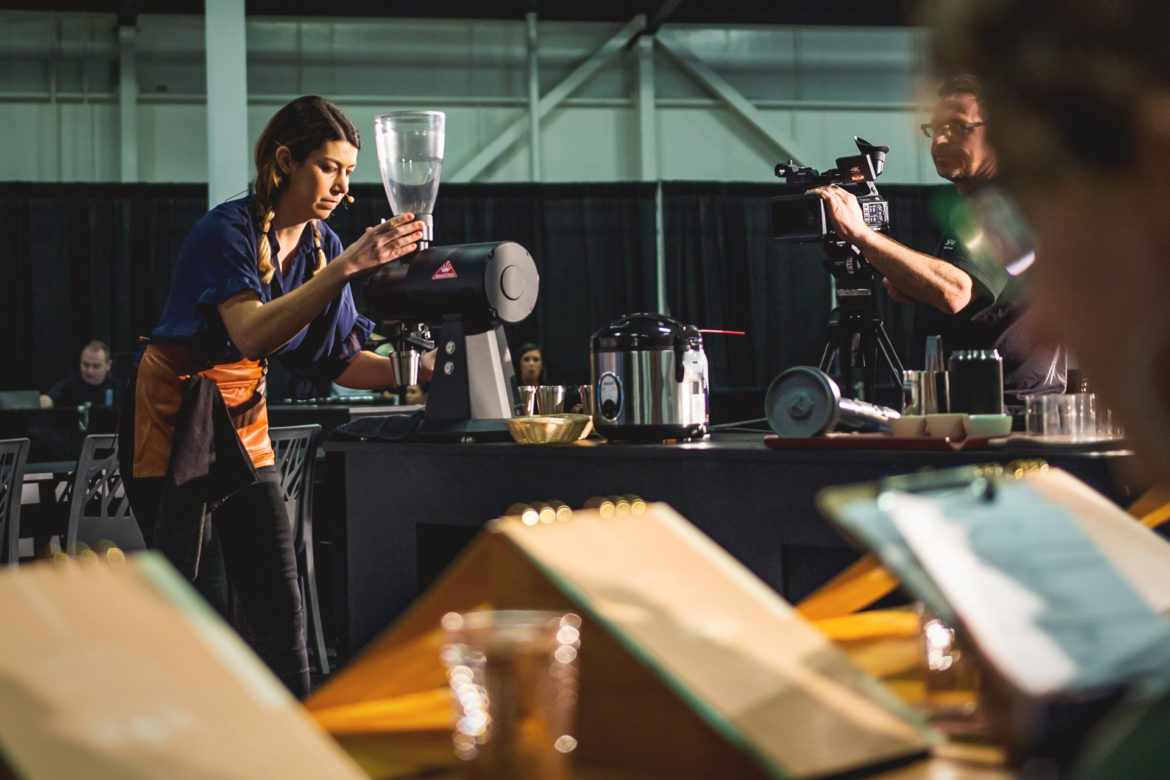
I’d add US Barista Champion to that list now. Has it set in yet that you won?
I mean yes and no. It’s been a really crazy whirlwind. I went from that weekend straight into hardcore preparation for WBC, which has now been halted for the coronavirus, so, it’s insane. All that aside though I’m just so excited that we were finally able to pull it off. The US circuit’s competitiveness has been increasing exponentially for quite some time, so to be able to put together everything successfully has been crazy and awesome. It’s like you need the coffee, the theme, the technical skillset, and then luck all in your favor.
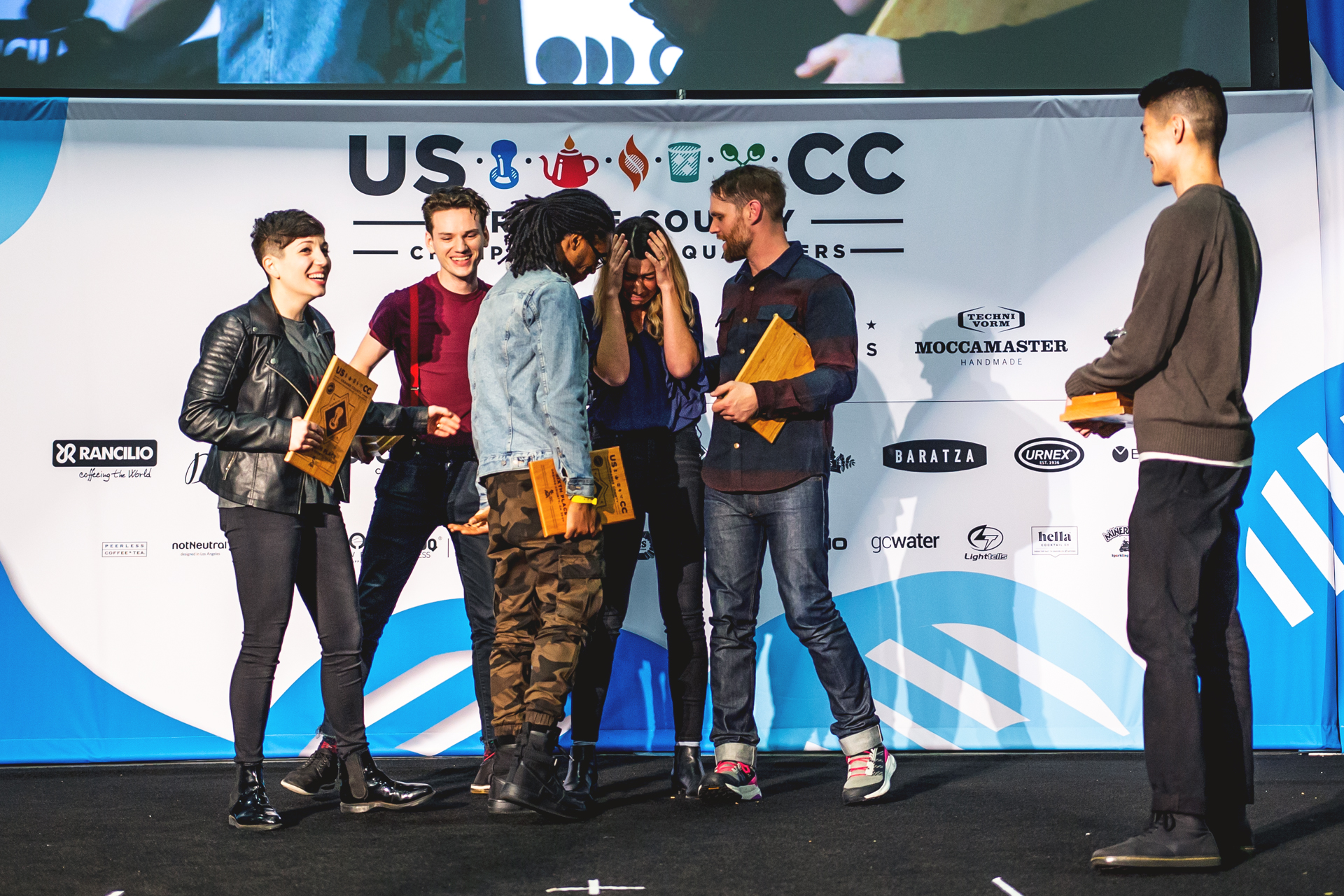
You’ve been in the USBC Finals four times previous, three of those you made it to one of the last two. How did it feel when Kay Cheon’s name was called as the runner-up, knowing you’d finally did it?
I kinda blacked out for a second honestly. I was both so excited and humbled in that moment. This was the most competitive finals I’ve been apart of, so for it to turn out the way it did is amazing.
You’ve had some memorable moments in competitions past, all of which have performed extremely well. What’s your process for putting together such high-level routines?
Well thank you. The process is pretty involved. We (Jon [Allen, Andrea’s husband and Onyx co-founder] and I, we do everything together) start by kinda figuring out what questions we want to ask the industry and the areas we see that need change. There’s obviously plenty of places to work on if I’m being honest. We then start looking for coffees and signature drink concepts that fit with that narrative. We really try to think of things that haven’t been done in competition in terms of signature drink flavors, concepts, preparation, style of presentation, and coffees. From there, there’s the process of trying to figure out what’s actually possible in a 15 minute routine. There are a lot of things that we’ve cut from my routines over the years because they just simply wouldn’t fit logistically. I write and rewrite a script and memorize it word for word, and then I practice for months. For any competitor it takes a lot of work, discipline, and time to execute something like what you see on the USBC stage.
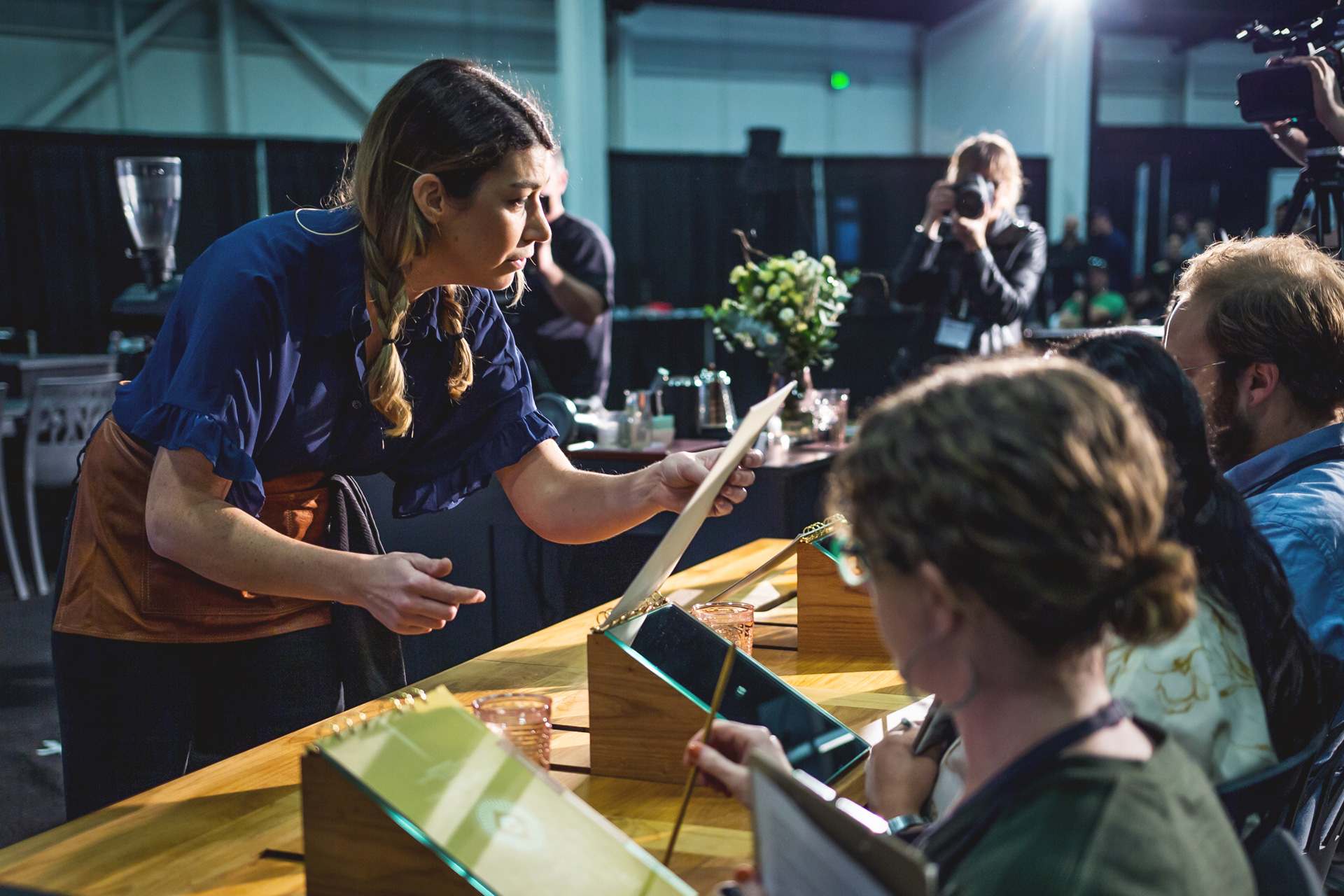
Is there anything in this year’s routine that you think helped put you over the top?
We spent a lot of time this year working on flavor descriptors and working to qualify them, if that makes sense. One of the difficult things is having a common language for the way we discuss flavor. For example, this year I called orange as a taste note for espresso. An orange can seriously taste so completely different depending on variety, size, terroir, ripeness, etc. So we qualified it by variety and then described the way we felt that orange was being experienced—as a color, a tactile feel, and as an aroma. That seemed really to work.
I really think it was a magical year where my coffees and drinks were totally on point as well as my presentation. All of those things combined to put everything over the top.
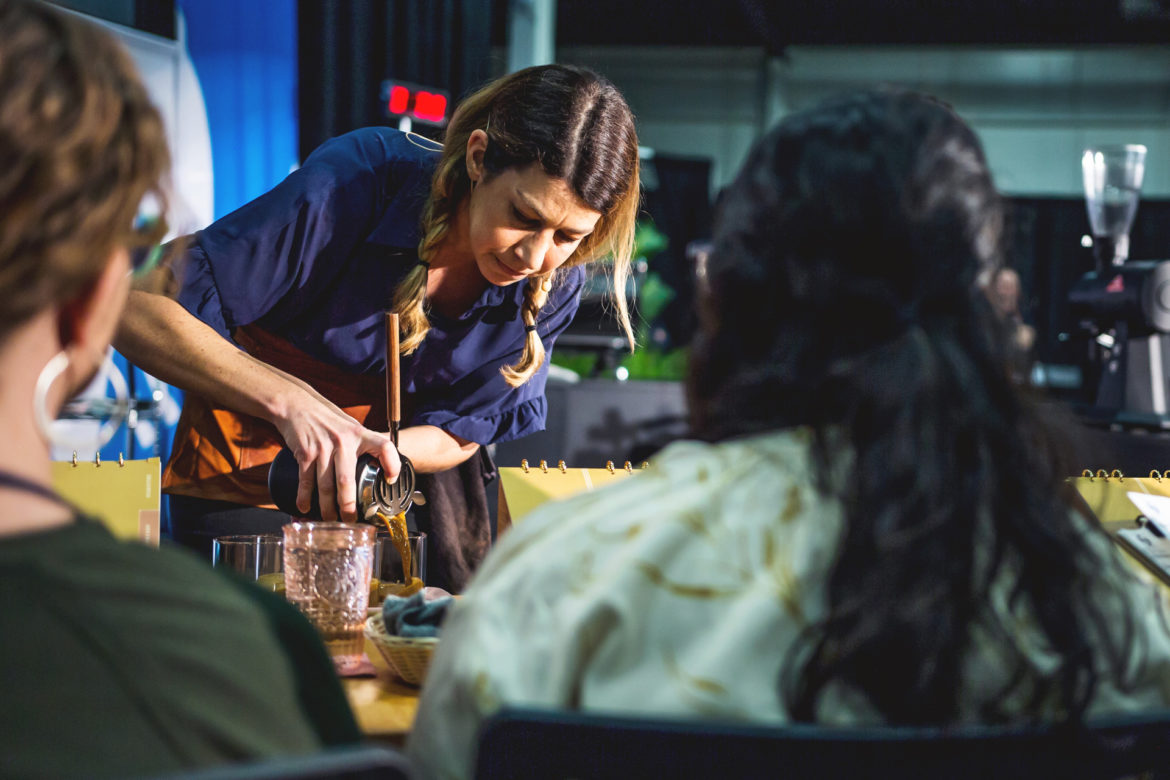
Tell us a little more about layering the two coffees in the portafilter. How did that idea come about? How is it different from a homogenized blend?
Yeah so competition coffees tend to be really interesting—usually containing tons of fun flavor, acidity, etc—but also they tend to be polarizing or they pull inconsistently. This year I was interested in Eugenioides but was also aware that it’s so different that it was possible it wouldn’t be received super well scoring-wise. Then of course I’m always wanting to use Cafe Granja la Esperanza coffees, so we started playing around with blending them together. The coffees are so different in size and density that the espresso tasted completely different every time. So the idea started floating around to just officially separate them, and that created some of the most amazing espresso I’ve ever made, and it was super, super consistent from shot to shot, which was something I haven’t achieved in the past.
You’ve been ahead of the curve on a lot of trends at USBC, and Onyx now has four national titles and too many Finalist appearances to count. Do you feel like y’all have cracked the competition code in some way?
We got into competition originally because we were buying great coffees and had a talented team, but we couldn’t get anyone in the wholesale industry to even try our coffees because we were unknown in Arkansas. We still buy great coffees, we publish all of our transparency information, we work really hard to be excellent. We pay for all of our coffees upfront, meaning we don’t finance coffee. All of this I think is evident in the way we’ve performed in competition. We feel like we’ve had some influence on buying practices by presenting these things at the national level, and we’re proud to push ourselves and our industry beyond what is thought possible.
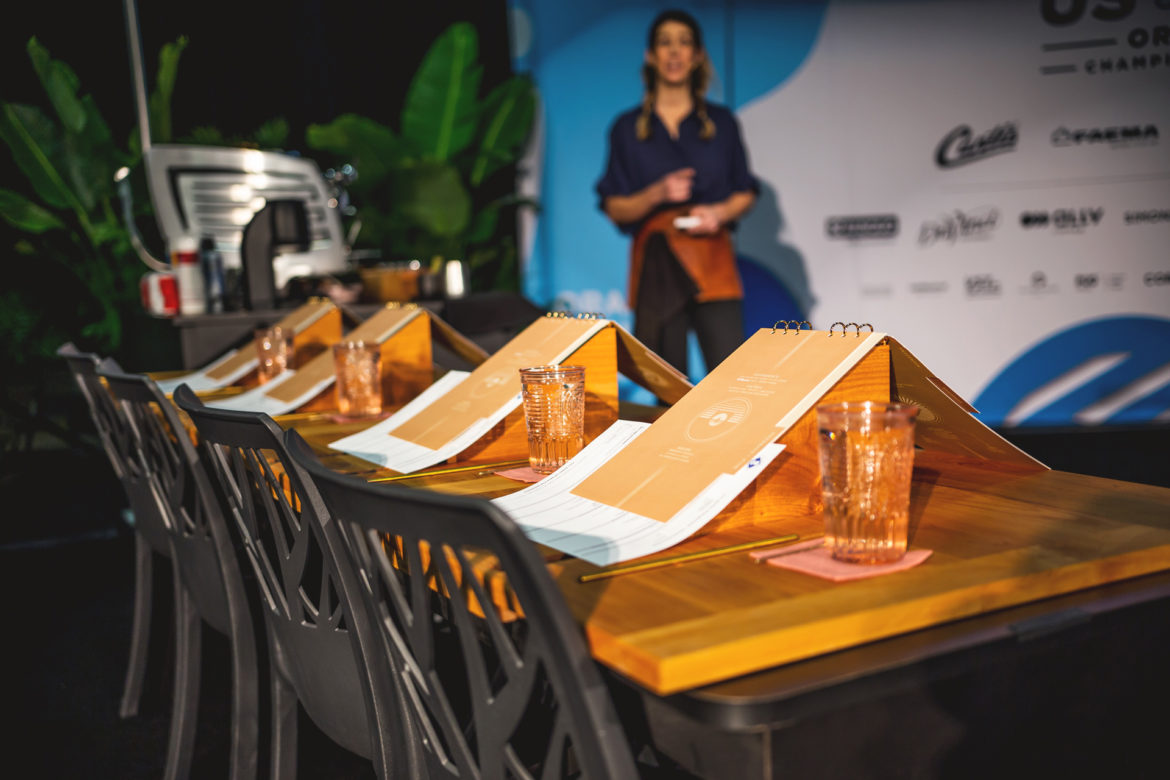
Are you planning on changing any of your routine for WBC? Has the postponement brought about by COVID-19 affected what you planned on presenting?
The World competition is like taking a kid to a candy shop. Something as simple as changing the table layout has opened up tons of potential service concepts. And at Worlds you can use multiple grinders, which I’ll most likely be incorporating as well.
We had originally planned to keep some of the presentation and elements from the US competition, but as things have changed drastically across the globe in the last few weeks I think I’ll probably be starting my presentation completely from scratch. My presentations tend to be pretty socially and economically weighted, and as we’ve seen much of the coffee service industry forced to its knees by the beginnings of economic fallout from COVID-19, my guess is that I’ll be discussing that. I’m currently hustling hardcore to keep our business in tact, so the thought of preparing for WBC seems like a distant memory and a far off event, if that makes any sense.
My coffees will be different as well. I had used all of the coffee I had for US, so we were working to source up new lots from those same farms as well as casting a wide net to cup other stuff as well. Now that it’s pushed to November it’ll be a completely different harvest, etc, so at this point I don’t really know what I will use.
Will Melbourne—if and when it happens—be the last we see of Andrea Allen, Barista Championship competitor?
Probably. I have loved competition and all that I have learned through it, but I also recognize that the US competition only grows fiercer by the year. My goal for quite some time has been to win and now that that’s happened it feels really straightforward to be finished.
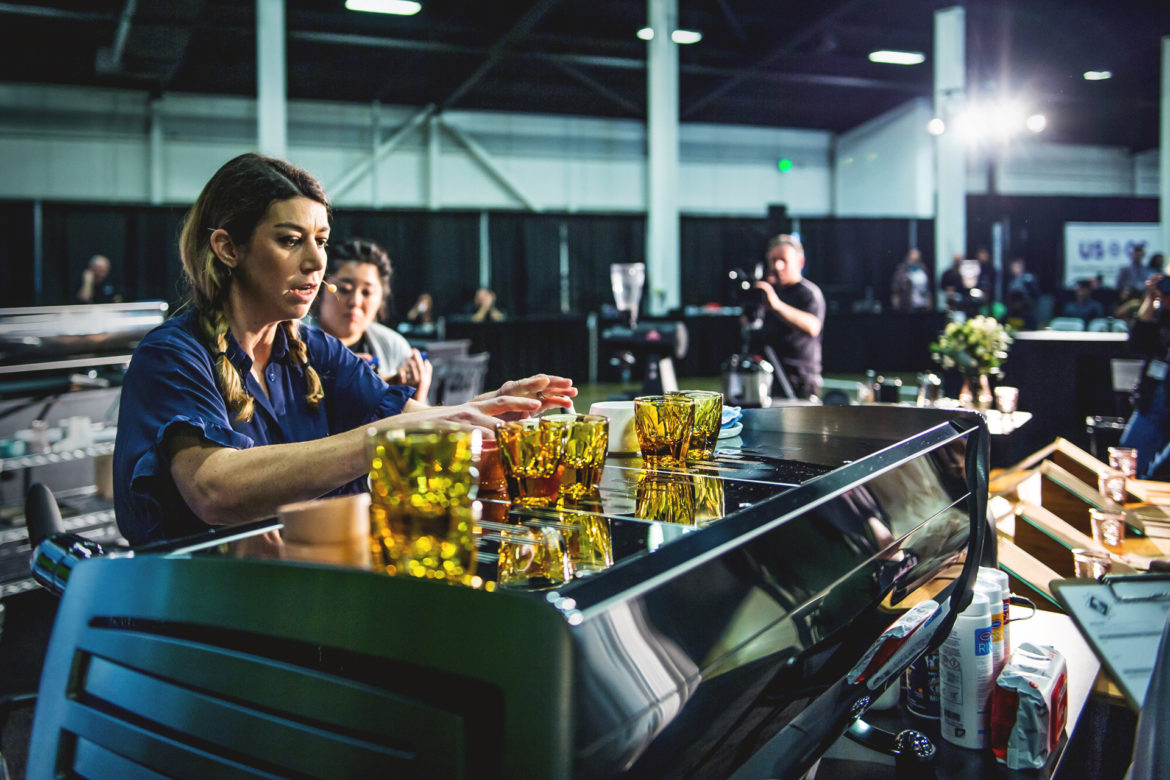
What’s next for you? Will you be transitioning into more of a coach/advisory role for other Onyx competitors or do you plan on taking a step back from competition altogether to focus more on the business/being a parent/having a life outside of coffee competition?
You know that’s definitely something I’m considering. I’m hoping to explore coaching, judging, and volunteering. Competition has a really special place in my heart and I want to continue to give of myself to that community wherever it’s needed. There are also some folks here at Onyx that are incredibly talented and are looking to step into the Barista competition now that I’m going to finally bow out.
Is there anyone you’d like to thank?
I firstly want to think Jon for helping create these presentations over the years. I’m the one that gets to stand up there and do the things, but he works as hard as I do. He watches tons of run-throughs (many are terrible), tastes coffees and sig drinks as we’re experimenting (many are terrible), and carries the load at home and at work while I focus on competition. Beyond him my family and my team at Onyx have been beyond supportive of me.
Thanks Andrea!
Zac Cadwalader is the managing editor at Sprudge Media Network and a staff writer based in Dallas. Read more Zac Cadwalader on Sprudge.
Photos by Charlie Burt for Sprudge




